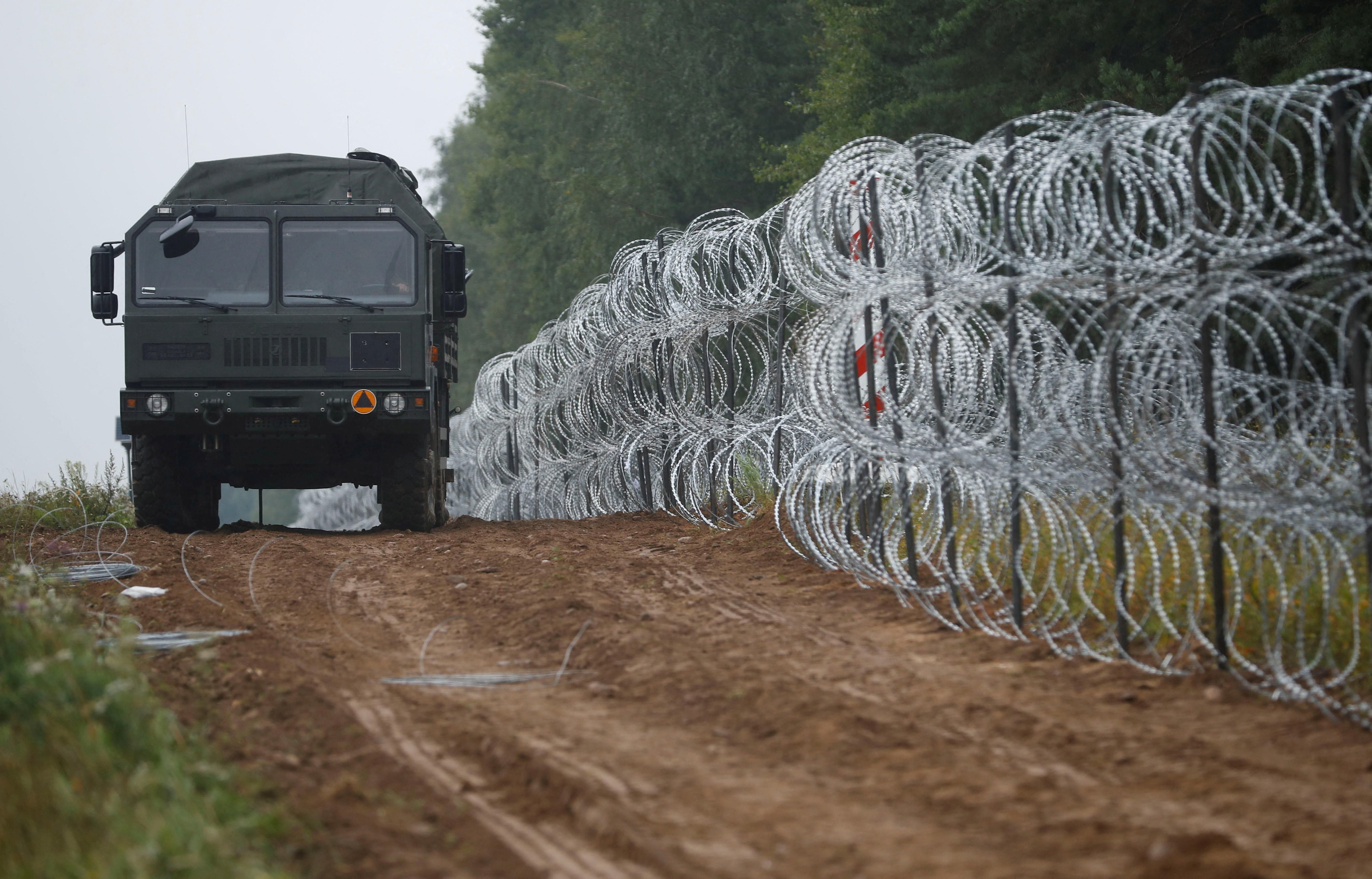Hard Numbers: Polish razor wire, Ecuadoran cop killers, drug deal of the century, Cairo’s COP crackdown
3: To head off a potential migrant crisis, Polish authorities are laying three rows of razor wire fencing along the border with the Russian exclave of Kaliningrad. The issue isn’t Russians fleeing the draft but Kaliningrad airport’s welcoming of flights from the Middle East and Africa, which Poland fears may carry refugees and asylum-seekers. Last year, a Poland-Belarus border crisis erupted when Minsk pulled a similar move.
5: At least five Ecuadoran police officers were killed Tuesday as gangs reacted violently to government plans to transfer prisoners among the country’s notoriously overcrowded prisons. In response, President Guillermo Lasso declared a state of emergency in two Ecuadoran provinces as his government struggles to stamp out powerful drug gangs running product to the US and Europe.
10 billion: Speaking of drugs, two of America’s largest pharmacy chains, CVS and Walgreens, reached a tentative deal to pay $10 billion in damages for their role in fomenting the US opioid crisis. The money would go to state governments and Native American tribal authorities. Opioid deaths in the US rose 15% last year, breaking 100,000.
67: Local human rights groups say the government of Egyptian strongman Abdel Fattah el-Sissi has arrested at least 67 climate activists recently, as Cairo prepares to host the United Nations’ COP27 climate summit next week. Climate activism star Greta Thunberg has already announced she’ll boycott the summit over Egypt’s abysmal human rights record.
